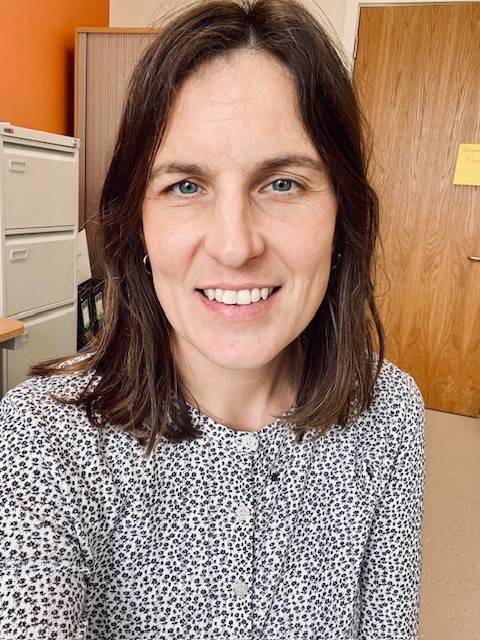Our People In CAMHS Services
5 Minutes With Catherine Healy, Occupational Therapist

How does your day start?
Usually, I arrive at the clinic and check emails/messages and my calendar for the days ahead. I could be involved in corresponding with colleagues or planning for 10 minutes or one or two hours. Other days, I could be heading directly to a home or school or community meeting.
Tell us about the team you work with.
CAMHS multi-disciplinary teams include psychiatry, nursing, social work, psychology, speech and language and nursing staff. Understanding our own role and each other’s roles is essential for effective teamwork. Working well as a team enables comprehensive care planning for the families we work with.
The team has shared generic responsibilities (such as referral triage and initial intake assessments).
University student placements are frequently facilitated by team members and placements enhance diversity of personnel, new research and energy. It is very satisfying when students progress to work in CAMHS.
What does your typical working day involve?
There is great variety in the work. Seldom is one day replicated. The Clinical Specialist Occupational Therapist role is new in CAMHS and involves clinical work, education and training and research work.
CAMHS work involves working with a family for periods as short as 3 weeks up to an indefinite number of years. Each family’s needs are so different. There may be several episodes of leaving and returning to care. Such work we call clinical work.
I work with children and young people individually and in groups. I provide meaningful activity-based (‘doing’) therapy which is designed to promote the child/young person’s engagement in home life, school/work, leisure/play and community activities. This involves problem-solving, resourcefulness and creativity. Ultimately, I am working in partnerships with the family, the school and, sometimes, youth services.
What motivates you in your work?
I am in regular contact with my CAMHS and Adult Mental Health Service (AMHS) OT colleagues. Their encouragement motivates me in my own work.
Feedback from the families in CAMHS is always helpful and encouraging. For example, hearing from a young person and mother that they are grateful for the CAMHS support they received- and hearing the young person continues to attend and enjoy school and has returned to enjoying her hobbies and interests.
What do you enjoy most about your role?
Working with families who are experiencing adversity is a huge responsibility and privilege.
Helping children and young people at an early stage of their life and giving them a good experience when they seek or need help. I enjoy working with my colleagues and with other services, working together to ensure effective care planning for families. I particularly enjoy facilitating therapeutic OT group work for young people – the young people learn life skills through shared, new experiences.
The continuous new challenges and learning opportunities – I am excited about choosing a research topic for my CAMHS funded Masters Research Degree.
What advice would you give someone considering a career in CAMHS?
If you have an interest in making a meaningful impact in the lives of children and young people and a passion for supporting family well-being then you should consider CAMHS. Keep in mind that both theory and knowledge and you own life experiences will support you in your work. CAMHS management supports staff’s development through Professional development planning and Performance Achievement. You will also have career progression opportunities.